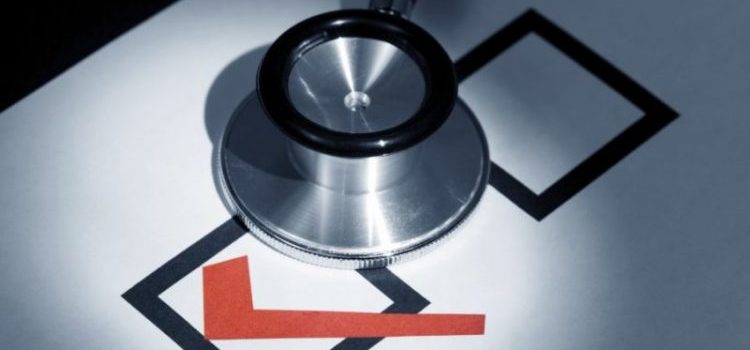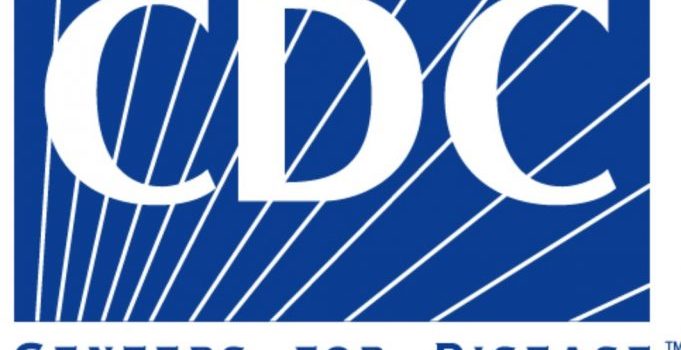Patient advocates and regulators at every level decry that a lack of price transparency often leads to patients getting bigger bills than they expected after leaving a doctor’s office. However, a new study published in Health Affairs calls the actual value of price transparency tools into question—if for no other reason than it’s unclear how often patients would actually use such a tool. Researchers looked at how a population of Aetna members fared using that …
Read More








